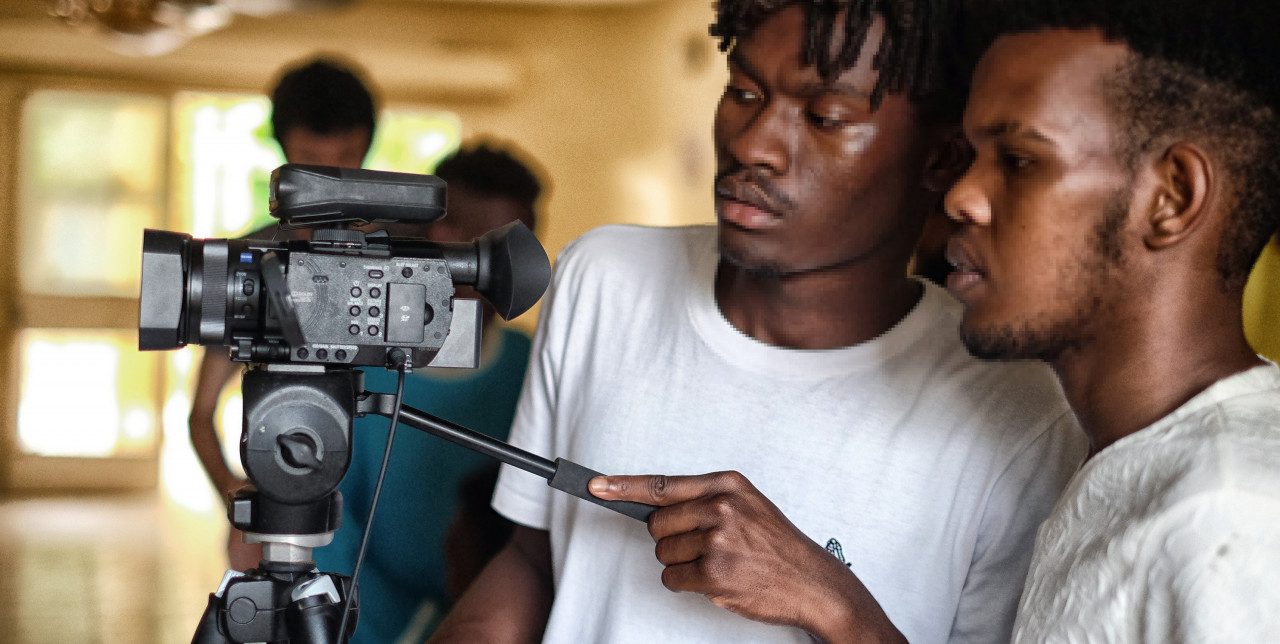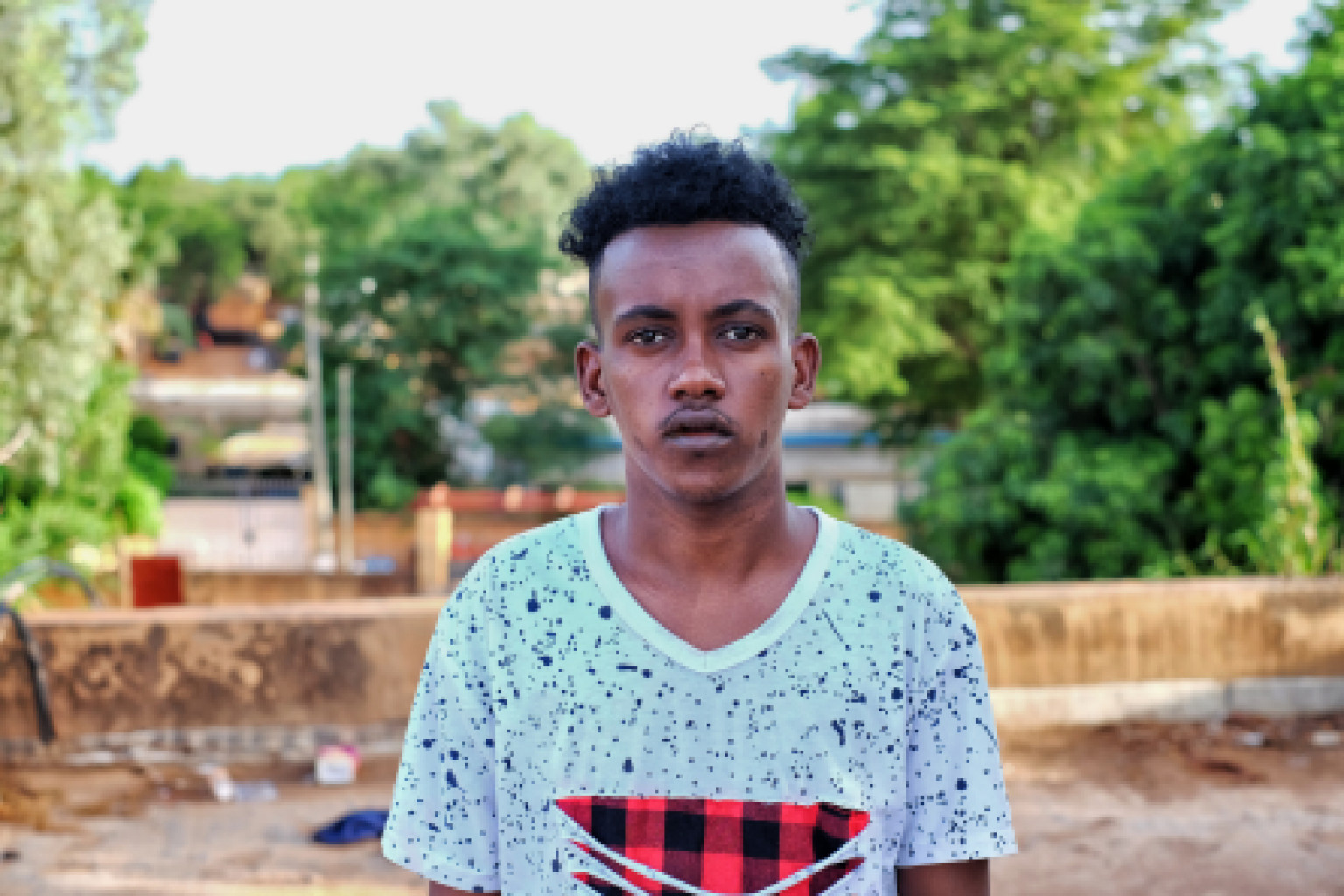17-01-2024 | di COOPI
Niger. Discussion groups and soccer matches to treat the mental health of refugees
As part of its strategy to support refugees, asylum seekers, displaced persons, and the general host population, with funding from the United Nations High Commissioner for Refugees (UNHCR) COOPI – Cooperazione Internazionale implemented mental health and psychosocial support activities for very vulnerable people in Niger, in the regions of Niamey, Tillabéry, Maradi, Tahoua, Diffa, and Agadez. during 2023.
The psychosocial support programs implemented by psychologists, senior mental health technicians, psychosocial facilitators, and entertainment service providers included culturally and sports-based play activities, as well as the promotion of freedom of expression, teaching relaxation techniques, symbolic reframing, and transformation of painful situations. The goal was to trigger healing and educational processes that would encourage individual change and transformation and inspire self-confidence.
Most activities take place in refugee centers and sites for displaced persons, where people are most in need of psychosocial support and accompaniment. The host population is also supported, however, because while the arrival of new groups of families produces far-reaching social changes, basic public services (such as those of access to water, school services, and health), on the other hand, face an inability to cope with too large numbers of users.
In addition, awareness-raising activities are also carried out in schools, to facilitate the identification of children's needs and the necessary treatment. The aim is thus to inform teachers about the benefits of mental health treatment, including in terms of school performance, and to enable them to learn how to recognize signs of psychological distress. At the same time, meetings in schools have the potential to succeed in encouraging pupils to express even at school their traumatic experiences and discuss issues that have touched them deeply.
Support is also provided for beneficiaries to participate in cultural and sports activities so as to improve their well-being and promote social cohesion. In particular, sports, cultural activities, dance, theater, and culinary activities can also improve beneficiaries' knowledge and skills.
In Guidan Roumdji in the Maradi region, refugee discussion groups will be held throughout the year. Each group consists of fifteen members who meet once a week for one to two hours. Often led by a psychologist, whose role is to create a reassuring and safe context for the effective implementation of the activity, the discussion group is a safe place where people can listen and express themselves in an atmosphere of reciprocal trust. These meetings are thus an opportunity to exchange ideas, share stories, and listen to the experiences of others.
A discussion group was also created in Tillabéry on various topics, including community living, resilience, personal and environmental hygiene. This allowed beneficiaries to discuss, exchange information, provide mutual moral support, and strengthen bonds among group members.
Instead, three sporting events were held in Niamey, including two matches between male refugees from Niamey city and those from the Hamdallaye humanitarian site, and a third soccer match between the female refugee team (Niamey city-Hamdallaye) and the local area women's team. It was interesting to note that in the first two soccer matches it was the city refugee team that won, while in the third match it was the refugee women's team that beat the native women's team, showing that sports are indeed a useful activity for refugees to engage in. At the end of the events, cultural and contemporary choreographed dances were performed between the refugee team from Niamey and the refugee team from the Hamdallaye site to promote cohesion among the refugee groups.
Since the State coup, COOPI decided not to stop its projects in the Country and continues to care for the most vulnerable people, including displaced persons and refugees. It is estimated that there are more than 253,000 refugees in the country mainly from Nigeria, Mali and Burkina Faso.




 Niger
Niger
